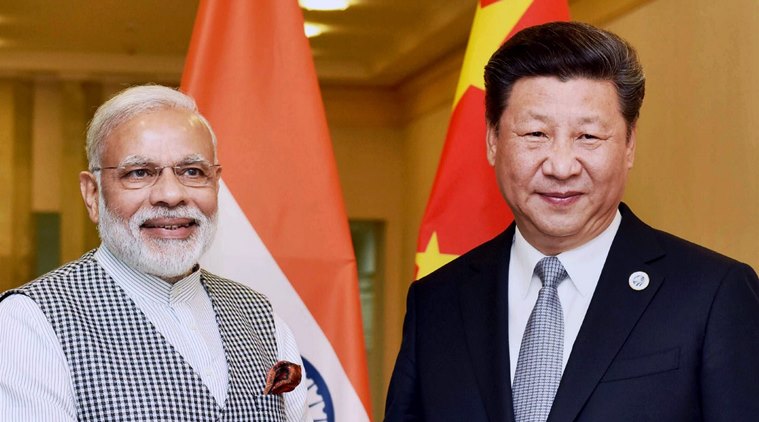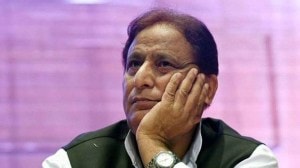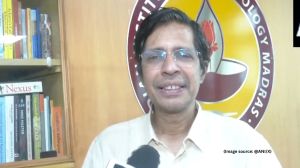As the Nuclear Suppliers Group (NSG) was set to discuss India’s bid for membership at a late night session in Seoul on Thursday, Prime Minister Narendra Modi met Chinese President Xi Jinping in Tashkent and urged him to make a “fair and objective assessment” and “contribute to the emerging consensus”.
The meeting between Modi and Xi, on the sidelines of the Shanghai Cooperation Organisation (SCO) summit, lasted for about 45 minutes. Indian officials said a major part of the meeting was devoted to the issue of India’s NSG membership.

“PM Modi urged China to make a fair and objective assessment of India’s application and judge it on its own merit. He said China should contribute to the emerging consensus in Seoul,” said Ministry of External Affairs’ official spokesperson Vikas Swarup.
[related-post]
Story continues below this ad
WATCH: Xi Jinping, PM Modi To Meet On Sidelines Of SCO Summit In Tashkent
By asking Xi to consider India’s application on “its own merit”, New Delhi has asked Beijing to delink its bid from Pakistan’s application. While India applied on May 12, Pakistan’s application was submitted soon after. China has been seeking to link both applications, saying that the two countries are non-NPT signatories, while India has been pressing for examination of “credentials” and not criteria. In any case, signing of NPT is not a mandatory criterion to become an NSG member, officials said.
There was no official word from the Chinese President’s delegation about Xi’s response to Modi’s request.
Meanwhile, in Seoul, negotiators of the 48-country elite grouping were going for a huddle, post-dinner, to discuss India’s application. Indian officials, led by Foreign Secretary S Jaishankar, were also present at the venue — the Hotel Shilla — where the officials from these 48 countries were meeting.
Story continues below this ad
A European diplomat told The Indian Express that India fulfils the requirements and its case is “solid”. “More than 30 countries had supported the Indian case at the meeting held on June 9… there is an overwhelming support for India’s candidature to become a member,” he said.
Watch Video: India’s NSG Bid: Modi Proposes, Many Oppose It
A western diplomat, who has been asking his counterparts in the NSG countries to support India’s application, said India “does not need to give any additional assurances”, apart from what was communicated to the NSG in 2008 by the Indian government.
Western diplomats involved in the NSG process said that if China continues to block the Indian application on the ground that NSG should only allow NPT signatories, then Namibia is the only country whose application to become an NSG member will be processed in this year’s plenary.
Story continues below this ad
Earlier in the day, Pakistan’s President Mamnoon Hussain also met the Chinese President in Tashkent, and the two leaders discussed the issue of Pakistan’s entry into the NSG. Hussain told Xi that Pakistan had made notable efforts over the years to strengthen its export controls, and nuclear safety and security.
“The (Pakistan) President also said that any exception given for NSG membership could disturb strategic stability in South Asia,” the Pakistan foreign ministry said, in an oblique reference to the Indian application. They also reiterated support to each other’s core interests and expressed their intention to maintain close coordination.

 Prime Minister Narendra Modi with Chinese President Xi Jinping during a meeting in Tashkent on Thursday on the sidelines of SCO Summit. (PTI Photo)
Prime Minister Narendra Modi with Chinese President Xi Jinping during a meeting in Tashkent on Thursday on the sidelines of SCO Summit. (PTI Photo)






